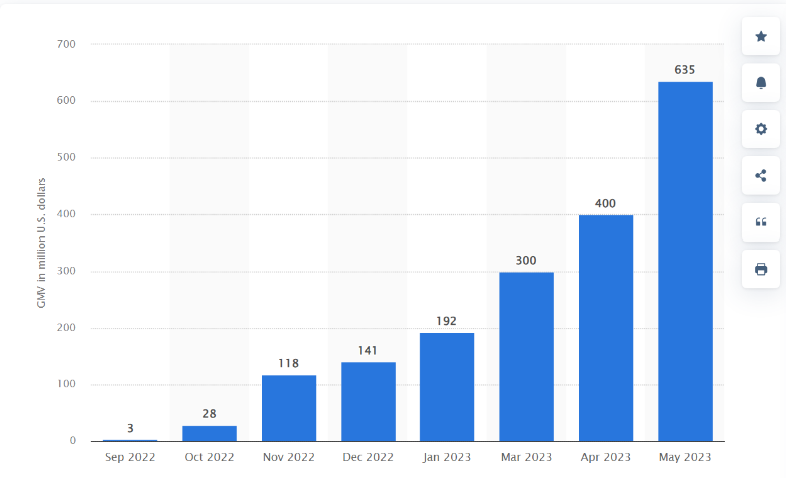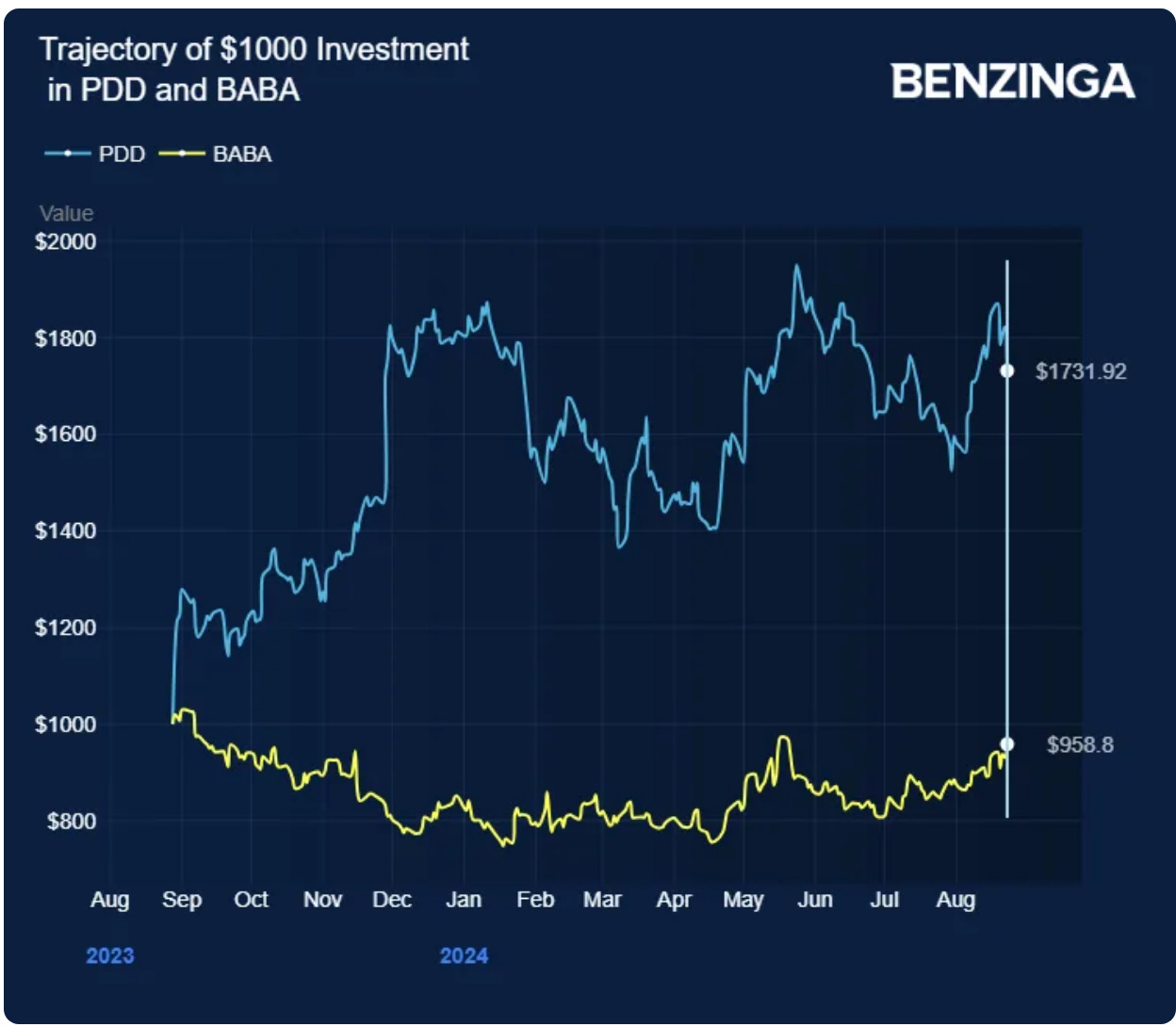Temu’s Growth Story: A Data-Driven Disruption in E-Commerce
How Temu’s Data-Driven Business Model and Reverse-Manufacturing Approach Disrupted Global E-Commerce
Temu, launched in September 2022, has grown at an astonishing pace, now ranking as the second-largest online retail platform globally. Owned by PDD Holdings, Temu has successfully tapped into a highly competitive global market by offering extremely low prices, free international shipping, and a unique shopping experience that blends entertainment with commerce.


Temu’s business model is built on several key strategies:
Aggressive Pricing and Free Shipping
Temu differentiates itself from competitors like Amazon by offering prices that are up to 90% lower and providing free shipping globally. Unlike Amazon’s paid Prime membership for free delivery, Temu's free shipping applies to all customers without any membership requirements. This competitive pricing is possible due to Temu’s vast network of suppliers and its parent company PDD Holdings’ logistics infrastructure.Gamification and Social Shopping
Temu has introduced features such as in-app games and group buying, which keep customers engaged and encourage social sharing. These features add a fun, interactive element to the shopping experience, increasing user retention and encouraging repeat visits
The platform also offers significant discounts through its group buying programs, which create a social shopping dynamic similar to platforms like Groupon.Heavy Focus on Social Media and Influencer Marketing
Temu has leveraged aggressive digital marketing, particularly on platforms like TikTok and YouTube, to build brand awareness. Influencer marketing has played a crucial role in Temu’s expansion, with content creators showcasing products and engaging audiences in a manner that resonates particularly well with younger shoppers.
Efficient Warehouse and Supply Chain Operations
A key part of Temu's success lies in its efficient warehouse operations. As detailed by Global Sources, Temu employs a well-distributed network of warehouses in strategic locations. This ensures swift fulfillment and minimizes shipping delays for international orders. Temu’s warehouses are optimized to handle a high volume of small, low-cost products, facilitating its ability to provide free shipping while keeping costs low.
Data-Driven Operations: Key to Cost Optimization and Demand Forecasting
Temu’s success doesn’t just rely on marketing and low prices; it is deeply rooted in advanced data analytics and business management practices. Two key innovations stand out:
Reverse-Manufacturing for Real-Time Demand Matching
Temu uses a reverse-manufacturing model to optimize its inventory and minimize waste. Instead of producing large quantities of products upfront, Temu releases smaller batches and uses customer feedback to adjust production levels. This allows the company to align supply with real-time demand and quickly scale popular products while discontinuing underperforming items.
This approach not only reduces inventory costs but also minimizes unsold stock, a critical advantage in a competitive market.Advanced Data Analytics for Supply Chain Optimization
Temu leverages predictive analytics and AI-driven recommendations to streamline its supply chain and ensure that inventory levels, shipping routes, and delivery times are optimized. By collecting real-time data on customer preferences, shipping efficiency, and regional demand fluctuations, Temu can fine-tune its operations and offer lower prices than many competitors.
This data-driven approach also helps personalize the shopping experience, showing customers products they are most likely to buy, increasing both user satisfaction and conversion rates.
Challenges and Opportunities for the Future
While Temu’s growth has been impressive, the platform faces challenges, particularly regarding its environmental impact and labor practices. Critics argue that Temu’s ultra-low prices may come at the cost of worker welfare and sustainability. Furthermore, as it expands globally, the platform will need to address concerns around product quality and waste management.
On the other hand, Temu’s focus on customer-centric marketing, innovative business models, and data-driven decision-making gives it a strong foundation for continued growth. Its ability to quickly adapt to customer feedback and optimize production based on real-time demand puts it in a unique position to challenge established players like Amazon and AliExpress.
Conclusion: What SMEs Can Learn from Temu
Temu’s success offers valuable lessons for SMEs looking to compete in the e-commerce space. By adopting a data-driven approach to business management, small businesses can:
Leverage customer feedback to optimize product offerings in real-time, minimizing waste and improving profitability.
Adopt social commerce strategies like gamification and group buying to engage customers and build brand loyalty.
Utilize predictive analytics and AI-driven insights to optimize supply chain operations, manage costs, and offer competitive prices.
Temu’s rapid rise to prominence highlights the importance of innovation, customer-centric strategies, and data-driven decision-making in the modern e-commerce landscape.
Sources




